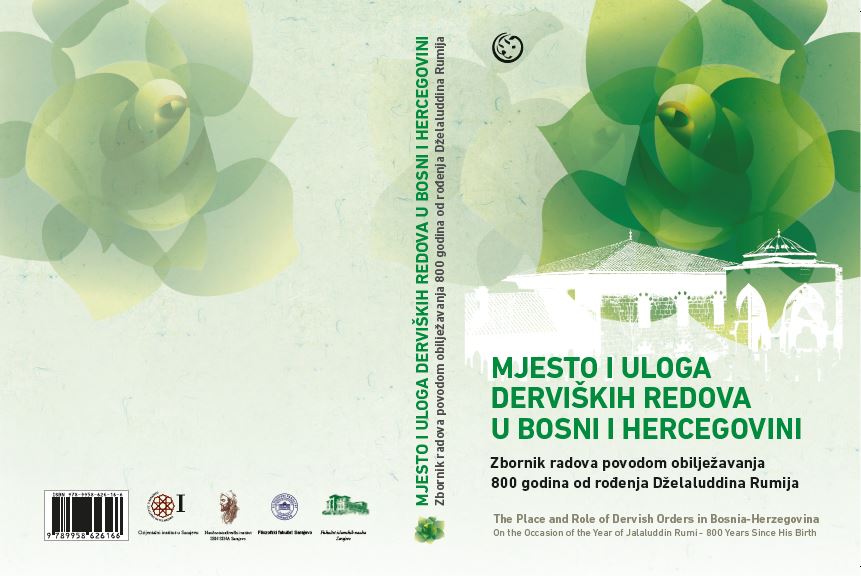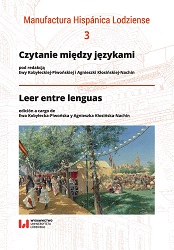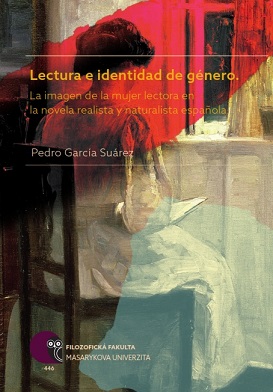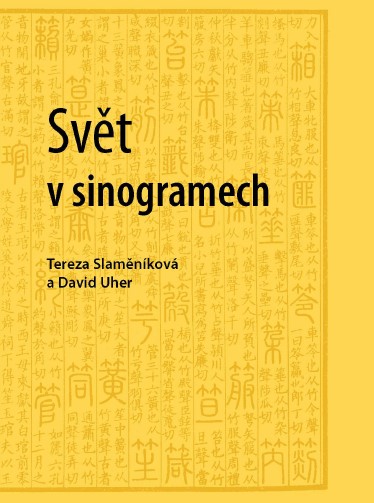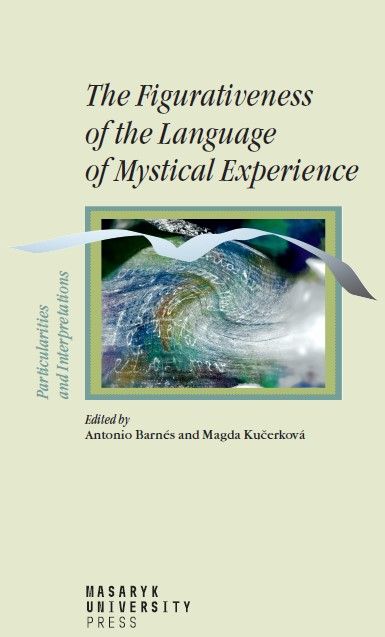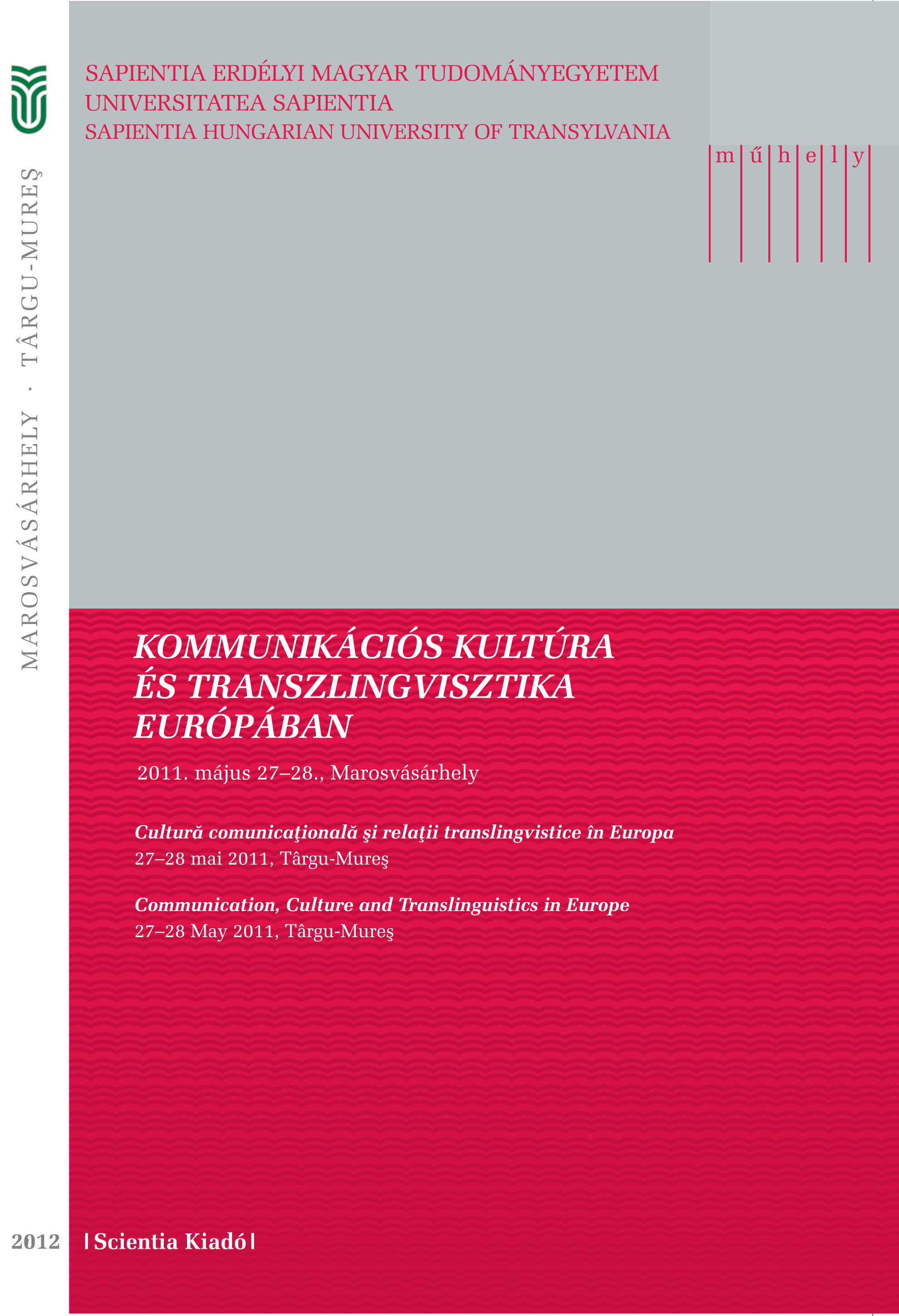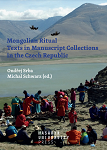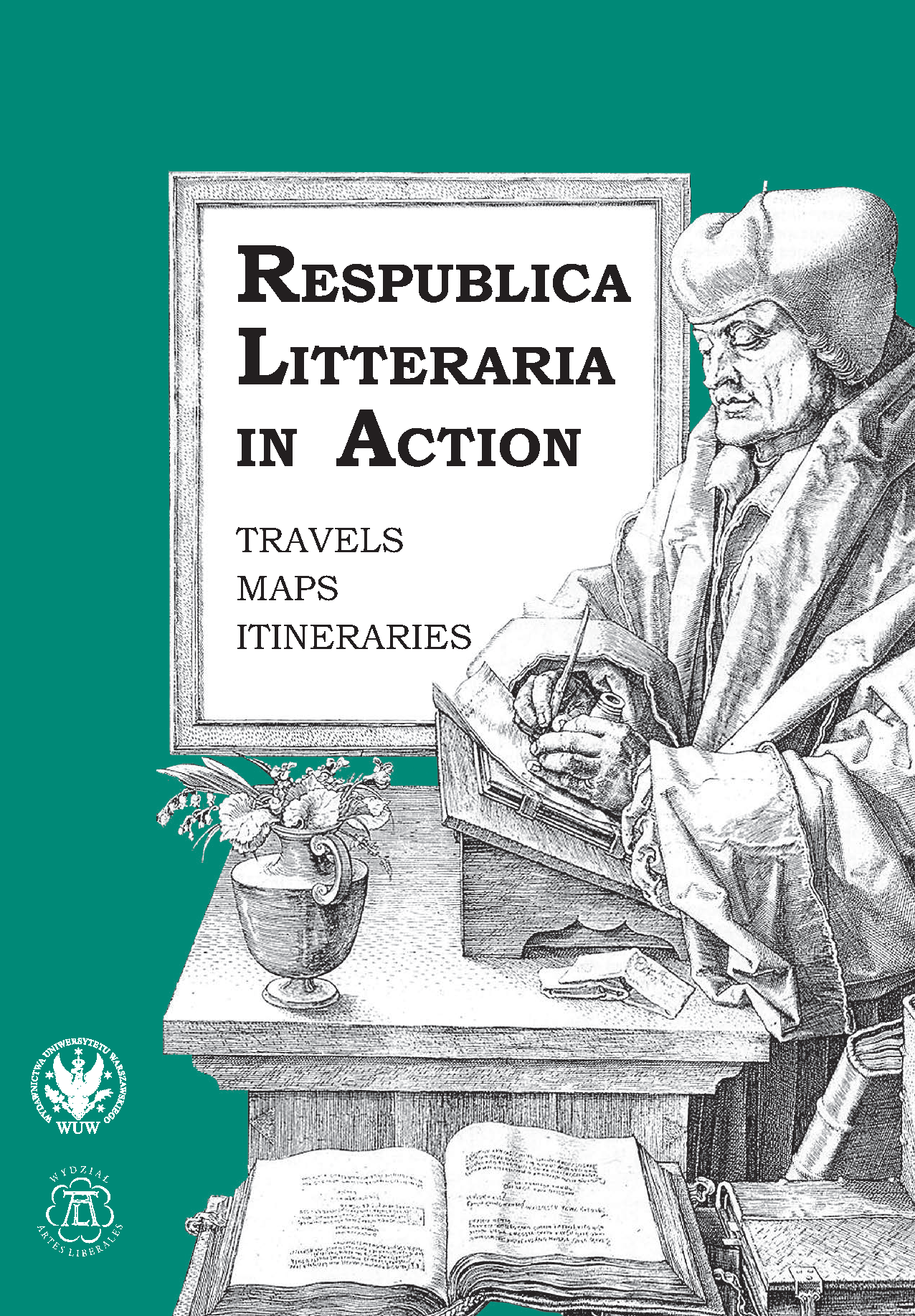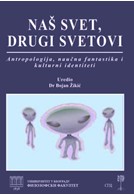
Propast sveta nije šteta: motiv katastrofe u romanima Dž. G. Balarda
This paper deals with the process of alienation of our world and its transformation into an alien, radically different world. It also addresses the impact of that process to the psyche and identity of the characters of J. G. Ballard novels. Events in science fiction novels of this author seldom take place on other planets. Instead, the plot usually describes our planet, which influenced by catastrophes undergoes metamorphosis on both formal and substantial level that consequently determines the arising of a new psychology. Ballard’s novels "The Drowned World" and "The Crystal World", where planet undergoes deluge and crystallization, are taken as key examples. The paper explores rhetoric of catastrophe and apocalypse, and it is contrasted to Ballard’s vision which sees radical changes not only as fatal danger and damage, but also as new aesthetical (surreal). and evolutionary potentials. A philosophical view applied to material and themes previously (and thereafter) thematized in sensationalist, adventurous, and one-dimensional catastrophe and/or fantasy novels, is also emphasized. Instead of convulsive fight for the return to the old ways, which is dominant in such works, Ballard’s novels dare to examine the new, the unknown and radically different. By embracing catastrophe, they actually show full genre potentials of science fiction to discuss not other, but our own world, and not the aliens, but humans. By depicting apocalyptic devastation in neutral or even positive tones, Ballard actually speaks about the need for substantial rearrangement and redefinition of the existing world.
More...

